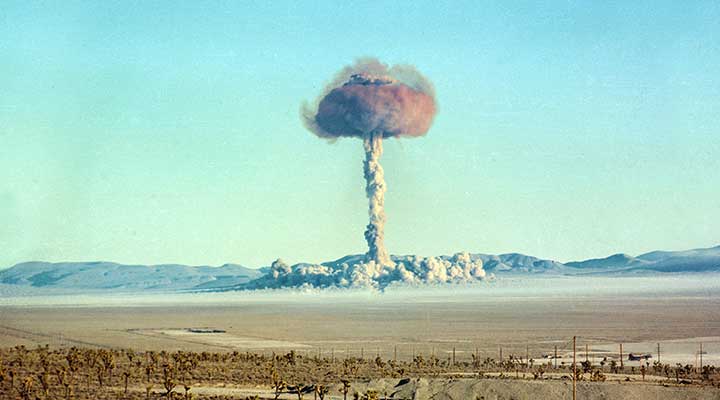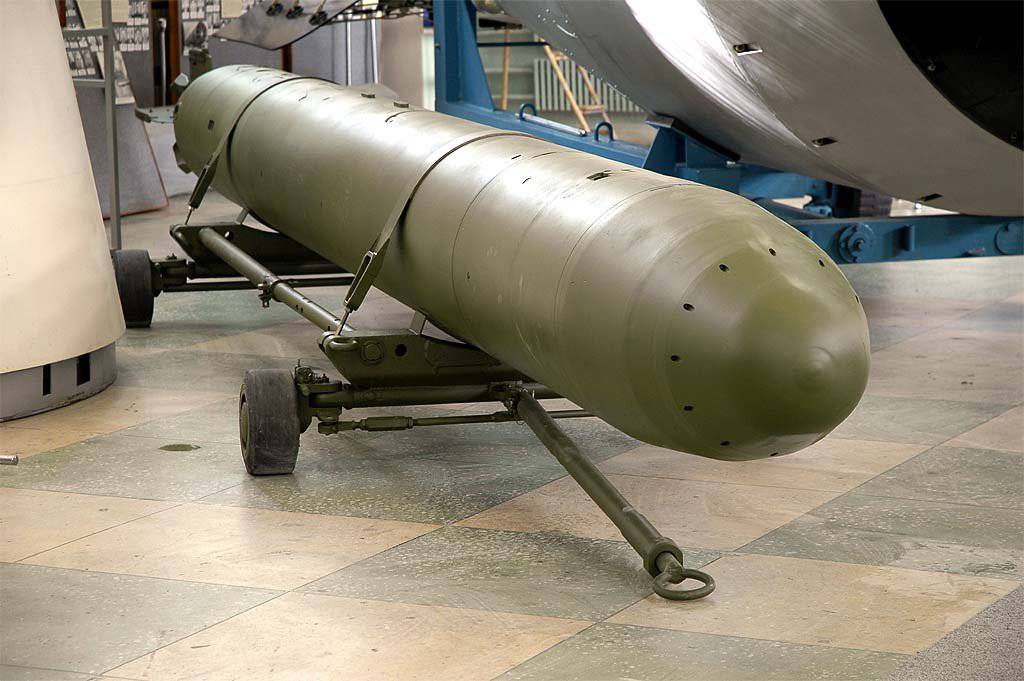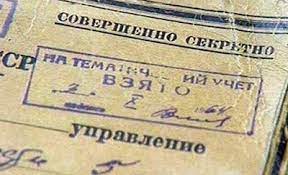Let's discuss how this war is going. I'll start with a somewhat counterintuitive problem - the one of nuclear deterrence. Its dynamics are so paradoxical from the standpoint of game theory that they greatly stimulated development of the conflict economics in the 1960s🧵 

Both the US and the USSR were able to inflict irreversible damage on each other. But there was a problem - human factor. Would you *actually* give an order to launch the nukes? If you wouldn't or nobody believes you would, it greatly reduces your power to pressure and blackmail 

And vice versa. Consider that your opponent did make a strike with devastating effect for your country. But he didn't wipe out your nuclear forces completely: some of them survived the attack. Will they strike back? Pragmatically speaking, it's not in their best interest 

After you nuked your enemy, best thing his nuclear forces can do, pragmatically speaking, is bargain. Negotiate some reasonable terms of surrender for themselves. Their country is (largely) gone anyway. If they strike back, humanity is doomed and they're doomed too. They know it 

Paradoxically, the devastating effect of nuclear strikes leads to very counterintuitive dynamics. Yes, actors will be hesitant to make a strike. But if they did it anyway, then whatever remained of their opponents may be reluctant to strike back. That's not in their best interest 

Human factor obstructs actually employing the nukes not only as the offensive, but also as a defensive weapon. If I believe that whatever remains of my opponent after my strike might not strike back (they'd rather bargain) than the entire nuclear deterrence mechanism doesn't work 

Counterintuitive problems require counterintuitive solutions. So Khruchev told:
"Your generals talk of maintaining your position in Berlin with force. That is a bluff. If you send in tanks, we'll burn them. If you want a war, you'll get it. Our rockets will FLY AUTOMATICALLY"
"Your generals talk of maintaining your position in Berlin with force. That is a bluff. If you send in tanks, we'll burn them. If you want a war, you'll get it. Our rockets will FLY AUTOMATICALLY"

What did he mean? Well, that's clear. The USSR was stronger conventional weapon-wise, US - nuke-wise. Ofc the USSR wanted to solve any conflicts by conventional weapons, but was concerned about American nukes. Khruchev knew that human factor largely devaluates nuclear deterrence 

Soviets found a counterintuitive solution to this problem. Which is - *limit their own choices*. Like, yeah, we surely would like to avoid the nuclear apocalypse. Sadly, we won't have such an option. If you nuke us, our rockets will fly automatically with no human factor involved 

Counterintuitively it may sound, limiting your own options was a great move from the standpoint of game theory. Convey the message that if your enemy makes a strike, you'll literally have no choice but to inflict total mutual destruction. That's what makes nuclear deterrence work 

Cultures of honour work *exactly* by limiting one's own options. Like, sorry guys but if you kill one of ours we'll wage a blood feud and hunt every single one of you. Yeah, that's irrational. Yeah, many more of ours will die as a result. Sadly, we won't have a choice to back off 

It may seem that the best strategy is to ensure you always have choices. BUT. If you have them and your opponent knows that, you're defenceless. No deterrence will ever work. For deterrence to work, they need to know you'll 100% strike back. That's why you limit your own options 

Alternatively, you may bluff and make your opponent *believe* that you have limited your options. Which is exactly what Khruchev did. All his talk of rockets that will "fly automatically" was BS. He was playing with Americans and bluffing so that his nuclear deterrence would work 

No Soviets rockets would ever "fly automatically". There was indeed an automatic system informing the military of a supposed American nuclear strike. That was true. But there was no automatic system that would actually make a strike with no human factor involved. It never existed 

Decision to launch Soviet rockets could be made only by mid-ranked humans made of flesh and blood. It was all based on human factor. Which is exactly why the nuclear war never happened. The humans wouldn't press the button no matter what the automatic systems told them to do 

The first case where situation could've potentially escalated happened in 1962 during the Caribbean crisis. Soviet submarine Б-59 broke the quarantine which Kennedy imposed around Cuba. Americans didn't know this submarine has nukes and started bombing it with depth-charges 

The submarine had to dive deeper where no radio connection was possible. Its lost any communications with Moscow and with the High Command. Meanwhile, Americans continued dropping depth bombs on a submarine. So captain Savitsky ordered to prepare the nuclear torpedoes for launch 

Btw Soviet submarines employed not only the nuclear rockets but also the torpedoes. They were still pretty powerful and as you see could inflict a heavy damage 

What happened next? Savitsky was stopped. Who did it? His own politruk and the chief of staff of the submarine brigade who just *accidentally* happened to be there. A hothead captain wanted to make a nuclear attack but it was vetoed both by his military and political superiors 

FYI: in Soviet army politruks were not professional military but the political appointees commissioned to the army in order to check, control and veto decisions of the military. Politruk doesn't so much help a captain as to ensure there are no fluctuations from the Party line 

Both military and political higher-ups vetoed the strike. Ofc info was classified till 2002. And even then it was presented as their personal decision. But if they had a clear order not to make a strike, would it be published? No. That would devalue the entire nuclear deterrence 

Another escalation that we know of happened in 1983. On September 1 a Soviet fighter shot down a Korean Boeing, taking it for a spy plane. 269 people died. NATO scheduled exercises for the nuclear war Able Archer 83 on November of that year. Tension grew rapidly 

What is worse, Soviets knew that Americans will employ their new missiles Pershing II in Western Europe. This rockets could reach Moscow in just six minutes, leaving very little time for figuring out what's happening, making a decision and striking back. One had to decide quickly 

To detect American strikes, USSR employed the Oko satellite system. Satellites were based both on Molniya (= to detect a launch from high latitudes, see below) and geosynchronous orbits. They'd detect exhaust plume of rocket launch in infrared light and notify the Soviet military 

On 26nd of September 1983, a command station Serpukhov-15 located near Moscow got a notification that Americans made a strike. According to the official narrative, colonel-lieutenant Petrov, an engineer-analytic of the station had to report to the General Secretary immediately 

But he didn't do that. Instead he informed his superiors of a false alarm. It's understandable. He was a professional engineer and knew that a computer absolutely can make a mistake. Besides he concluded that the notification of just several rockets launched is likely to be false 

If Americans did attack, launching several rockets would be stupid. They should have made a mass strike. So Petrov decided that the alarm is false. Indeed, the system mistook the sun rays reflection from the high altitude clouds for a rocket launch. They fixed this bug much later 

What do these two stories (that we know of) teach us? The entire narrative of rockets that would "fly automatically" is a myth. It's a bluff aimed to maximise the nuclear deterrence effect. No sane commandment would ever do this considering how unreliable these systems are 

Decisions are taken by humans and not even by high-ranked humans. Those higher-ups have no idea how to even interpret data, and have to rely on explanations (=interpretations) of engineers. Some fancy general/minister has no better info than the one his technical staff gave him 

Furthermore, there is a reason to believe that several independent mechanisms prevent some hothead from just launching rockets because he feels like that. That would explain why in 1962 decision to launch torpedoes was blocked both by military and political higher-ups 

I don't have any hard evidence to support this hypothesis but logically speaking that would make total sense. A military supervisor got a secret instruction to prevent a launch, and a political got one too independently. Double control just to make sure no accident gonna happen 

That would also make sense from a game theory standpoint. Technically the best scenario ever is when you actually have options, but pretend you don't. You claim you limited your choices, excluding the human factor, but in reality you don't do that 

Technically speaking deterrence isn't based on having actually limited your choices but on making them believe you have. The thing is, with conventional weapons you can't just bluff for long without actually using them. Very soon nobody's gonna believe you anymore
Nuclear deterrence is a bit different. Since the nukes are universally regarded as a domesday device and a full-scale nuclear war will mark the end of humanity, it's totally possible to pretend to have limited your choices, but to keep them in reality. Nobody had a chance to try
I think, I'm done for today. Next time I want to make a brief overview of how this war is going. If you want to support my work, you can sign up to my Patreon patreon.com/kamilkazani922
• • •
Missing some Tweet in this thread? You can try to
force a refresh





